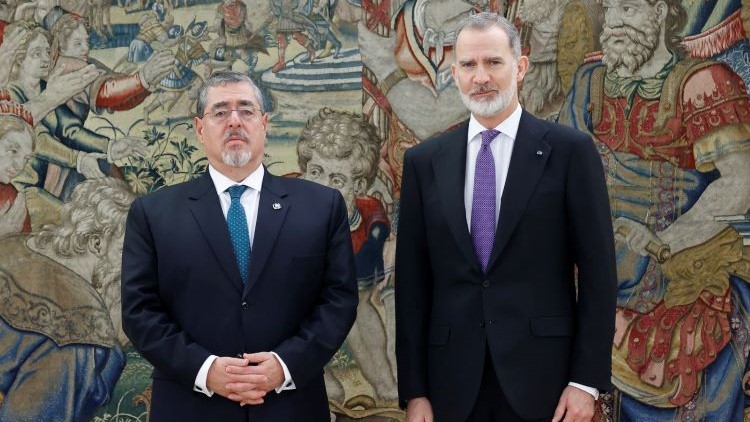Eduardo González
The agreement between the Kingdom of Spain and the Republic of Guatemala on the regulation and organisation of migratory labour flows between the two States, signed ‘ad referendum’ in Madrid on 18 January 2023, came into force on 2 August.
The aim of the agreement is to ‘regulate in an orderly and coherent manner the migratory labour flows between the two States’, to deepen ‘the general framework of cooperation and friendship’ between the two countries and to prevent ‘irregular immigration’, according to the agreement, published on 31 August in the Official State Gazette (BOE).
With this agreement, Spain and Guatemala, convinced that ‘labour migration can contribute to economic and social development, foster cultural diversity and promote technology transfer’, aim to ensure that the nationals of one of the two parties who arrive in the territory of the other ‘effectively enjoy the rights recognised by the international agreements to which both States are party’.
The Guatemalan authorities had expressed their interest in signing a circular migration agreement with Spain from mid-2021 and, ‘from a political perspective, it was considered that the agreement was of interest, given that labour migration can contribute to economic and social development, foster cultural diversity and promote the transfer of technology’, as the Council of Ministers explained last February, just a few days before the first official visit to Spain by the President of Guatemala, Bernardo Arévalo de León, who had taken office on 14 January.
The agreement was signed ‘ad referendum’ on 18 January 2023 in Madrid, during a visit to Spain by Guatemala’s former foreign minister, Mario Búcaro, accompanying the then Guatemalan president, Alejandro Giammattei. The signing of the agreement ‘ad referendum’ was subsequently approved by the Council of Ministers on 3 May 2023, including its referral to the Spanish Parliament. However, the dissolution of Parliament and the formation of a new parliament as a result of the early legislative elections of 23 July made it necessary to refer the text back to the Cortes Generales (Spanish Parliament).
In addition to Guatemala, Spain has signed migration agreements with the Dominican Republic (2001), Ecuador (2001), Colombia (2001) and Honduras (2021). In addition, several circular migration programmes have been implemented, which have allowed the arrival of thousands of seasonal workers to Spain from these countries. In addition to these bilateral agreements, Spain has developed a programme for highly skilled workers from Colombia and Central America.
According to data recently collected by the Diplomatic Information Office (OID), it is estimated that Guatemala would need to create more than 200,000 jobs per year to absorb the new arrivals in its labour market. As a result, the country suffers from a serious problem of irregular migration. The number of Guatemalan migrants in the US, for example, exceeds three million. Precisely, Spain, the United States and Canada reached an agreement in June 2022 to facilitate regular labour migration from South and Central America, which has made it possible to reinforce the aforementioned international programmes to promote regular migration that Spain has with the Dominican Republic, Ecuador, Colombia, Honduras and Guatemala.







